TSARDOM OF SUFFICIENCY, EMPIRE OF NORMS
Tsardom of Sufficiency, Empire of Norms
Statistics, Land Allotments,
and Agrarian Reform in Russia, 17001921
DAVID W. DARROW
McGill-Queens University Press
Montreal & Kingston London Chicago
McGill-Queens University Press 2018
ISBN 978-0-7735-5507-5 (cloth)
ISBN 978-0-7735-5620-1 (e PDF )
ISBN 978-0-7735-5621-8 (e PUB )
Legal deposit fourth quarter 2018
Bibliothque nationale du Qubec
Printed in Canada on acid-free paper that is 100% ancient forest free
(100% post-consumer recycled), processed chlorine free
We acknowledge the support of the Canada Council for the Arts, which
last year invested $153 million to bring the arts to Canadians throughout
the country.
Nous remercions le Conseil des arts du Canada de son soutien. Lan dernier,
le Conseil a investi 153 millions de dollars pour mettre de lart dans la vie
des Canadiennes et des Canadiens de tout le pays.
Library and Archives Canada Cataloguing in Publication
Darrow, David W., 1962, author
Tsardom of sufficiency, empire of norms: statistics, land allotments,
and agrarian reform in Russia, 17001921 / David W. Darrow.
Includes bibliographical references and index.
Issued in print and electronic formats.
ISBN 978-0-7735-5507-5 (cloth). ISBN 978-0-7735-5620-1 (e PDF ).
ISBN 978-0-7735-5621-8 (e PUB )
1. Allotment of land Russia History. 2. Allotment of land Russia
Statistics History. 3. Land reform Russia History. 4. Agriculture and state
Russia History. 5. Agriculture and state Russia Statistics History.
6. Peasants Government policy Russia History. 7. Peasants Russia
Economic conditions Statistics. 8. Russia Rural conditions Statistics.
I. Title.
HD 1992. D 37 2018  338.1094
338.1094  C 2018-903886-1
C 2018-903886-1
 C 2018-903887- X
C 2018-903887- X
This book was typeset by Marquis Interscript.
This ones for you, dad.
Donald R. Darrow (19392013)
Contents
Acknowledgments
There were times when I wondered if Id ever get to writing this part of the book, although as the dog knows, I rehearsed multiple iterations on our walks. At the same time, I have some confidence that my tortoise approach to the project has resulted in a better book than I would have written had I attempted to be the hare. I started out to write a book on zemstvo statisticians, but came to realize that statistics in Russia meant so much more. Working it all out, and going through the sources (let alone the writing), took time.
This work would not have been possible without the assistance, support, friendship, and love of more people than I could possibly remember, let alone have time to thank specifically. First, I offer thanks to the archivists and librarians who assisted me at various stages of the project: in Saint Petersburg at the Russian State Historical Archive, the Central State Historical Archive of Saint Petersburg, and the National Library of Russia (especially Alla Tikhonovna and her assistance in the VEO Zemstvo Collection); in Moscow at the State Archive of the Russian Federation, the Russian State Archive of the Economy, the Central Historical Archive of Moscow, the Russian State Library (forever the Leninka in my heart) and my favourite place to work, the State Public Historical Library. The archivists at the Hoover Institution Archives made work there rewarding and pleasant, and I have received immense assistance from the librarians at my home institution, UD s Raymond Roesch Library, especially from Heidi Gauder, Chris Tangeman and Fred Jenkins.
In a world of dwindling resources for this sort of work, I have received generous financial assistance from a variety of sources. A University of Iowa Department of History Laurence Lafore Research Fellowship and a grant from the American Council of Teachers of Russian-State Department Title VIII program funded the earliest stages of the project. Grants from the National Endowment for the Humanities and the International Research and Exchange Board, as well as the University of Dayton Research Council, facilitated additional research, and funds from the University of Dayton Department of History and the dean of the College of Arts and Sciences allowed me to write and run down loose ends in the archive. I have been fortunate.
I could not have written this book without the friendship, criticism, mentorship, and intellectual stimulation of many. At the University of Iowa, Steve Hoch encouraged me to aim high and think about big questions. He also taught me that peasants were legitimate subjects for historical investigation. This was good news for an Iowa boy whose best childhood memories were of evenings on a farm near Olin, Iowa. Jaroslaw Pelenski taught me that ideology and ways of conceptualizing power and authority had deep roots. Alan Spitzer taught me self-awareness as a historian and the joy of a good fish story.
I offer thanks to my UD colleagues Marybeth Carlson, Una Cadegan, Janet Bednarek, Larry Flockerzie, and Bill Trollinger, who mentored me through tenure and into the present. They are fonts of wisdom, patience, and comradery. Dr Meghan Henning of our Religious Studies department was the very best of writing buddies, modeling 1,000-word mornings that I strove to match or exceed. My colleague Dorian Borbonus provided helpful advice and comment and helped me maintain the proper work atmosphere of the librarys sixth floor. Caroline Merithew has been a good colleague, sounding board, and friend. Musical colleagues in the Back Porch Jam Fearless Leader Bill Scheurman, Kurt Mosser, Maura Donahue, Mark Brill, the late Eric Suttman, Mike and Beth, and others provided needed laughter and amusement along the way (and even some decent musical performances now and then). Within the field, Scott Seregny took me under his wing. He taught me how to work like a Stakhanovite in the archive and the library, making use of each waking moment, and timing work venues to make meals coincide with the best of the institutional stolovaias available, or with a visit to Lagidze for khatchapuri and solianka . In the states, he modelled pie connoisseurship and introduced me to the music of Steve Earle and the friendship of Ben Eklof, both of which have improved my work and my life. He was my staunchest critic and my best friend. I still miss him.
Over the years, my work has benefited from the thoughtful and supportive criticism of Willard Sunderland, Paul Werth, Franziska Schedewie, Katja Bruisch, Ella Saginadze, and the audiences for countless panels at ASEEES , its SCSS affiliate, BASEES , and the Midwest Russian History Workshop. A conference organized by Katja Bruisch and Klaus Gestwa at the German Historical Institute in Moscow was instrumental in figuring out an end for the story and sharpening my argument, as was a 2015 conference commemorating the 100th anniversary of Sergei Wittes death hosted by Boris Kolonitskii and the European University in Saint Petersburg.


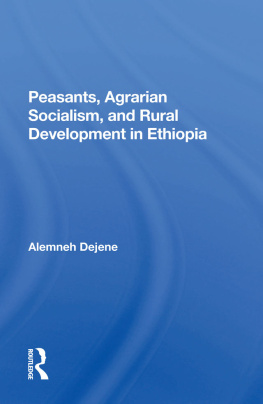
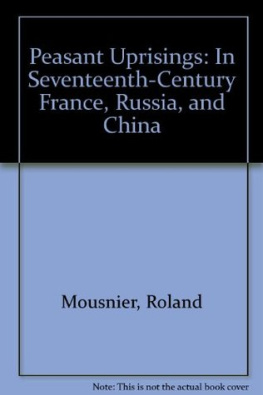
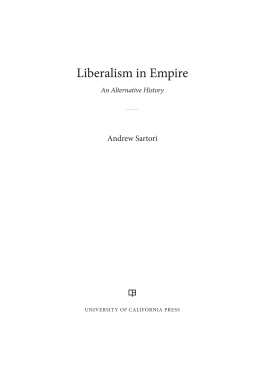
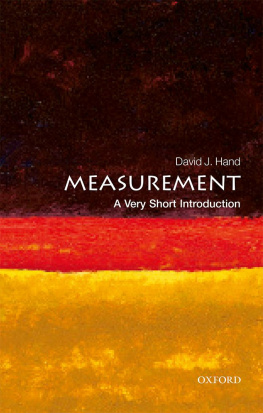
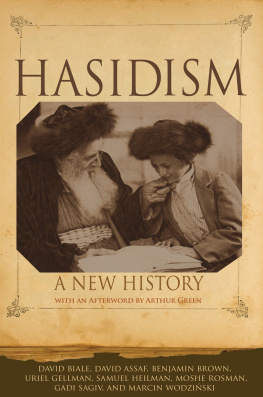
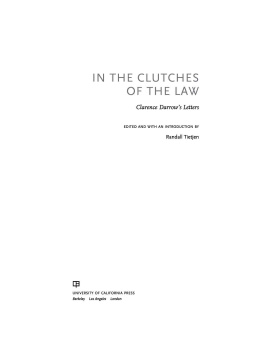
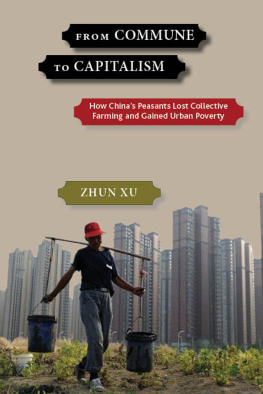

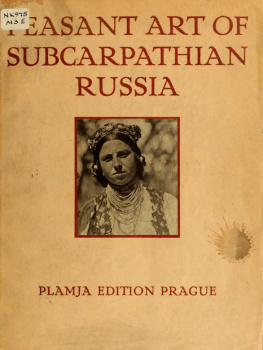
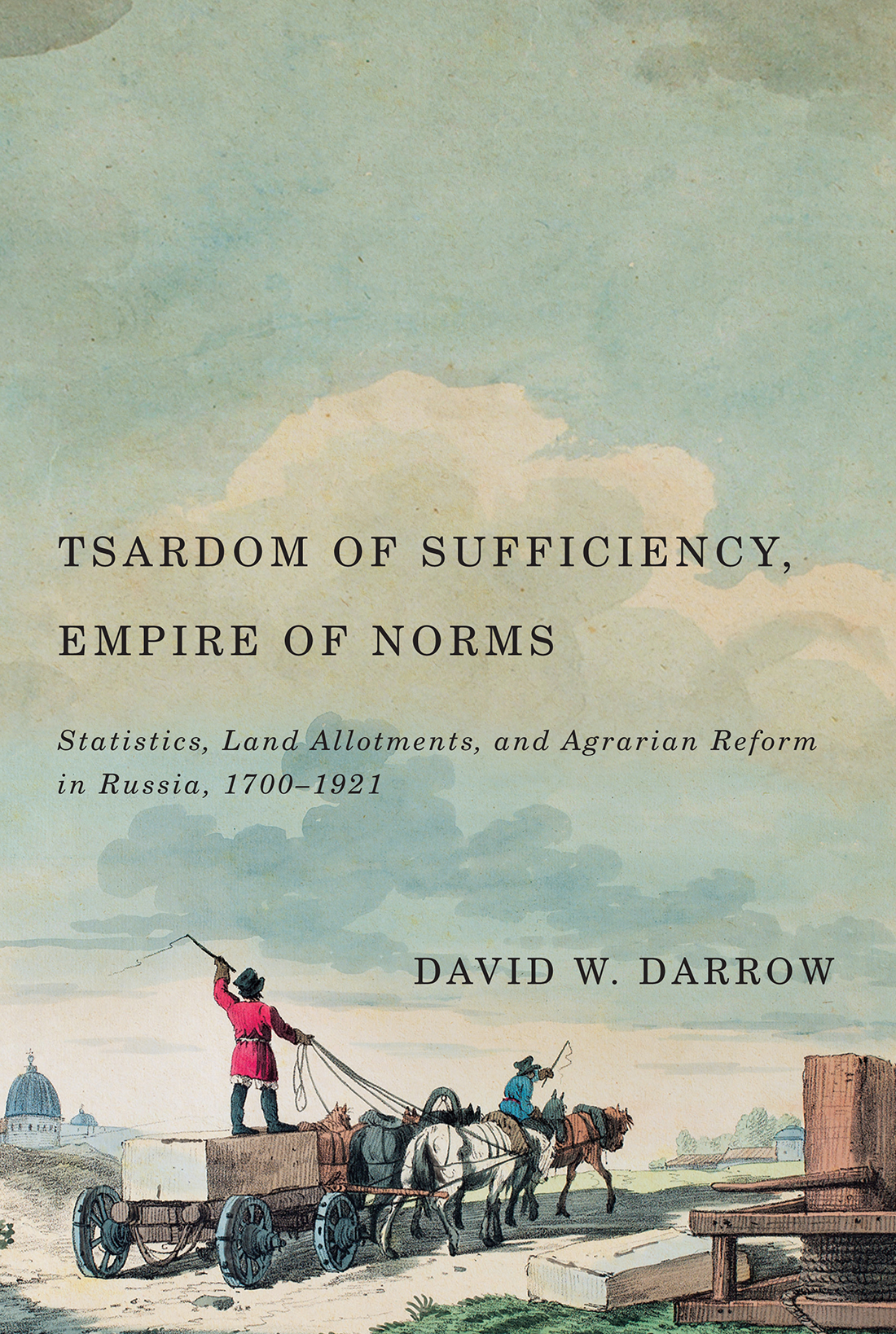


 338.1094
338.1094  C 2018-903886-1
C 2018-903886-1 C 2018-903887- X
C 2018-903887- X